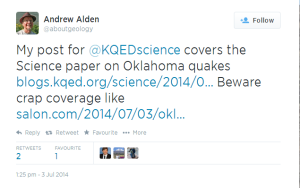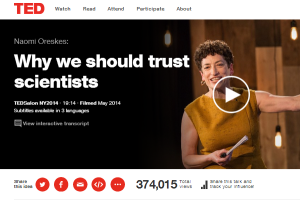Communities like Ängsbacka – those that embrace oddity and non-conformism – can appear daunting from the outside. It’s rare to have this level of permission to be authentic. How real can I be? How real will other people be and how will I react? Can I cope with this level of honesty?
I find the names and words used in the descriptions of the courses and festivals at Ängsbacka very provoking. Words like “tantra”, “sexability” and “zen” bring a strong sense of expectation based on personal prejudice and previous experience. There are expectations of the self, of other people, Ängsbacka and the experience as a whole.
If you’ve been here before, you’ll know you cannot predict what will happen, like life itself. All you can predict is yourself. Not your actions, what you will gain or what you will feel, only that you will be here and have complete control over yourself. Being here, fully as yourself and only as yourself rather than another, brings power. You can use this power to embrace freedom to it’s fullest.
There are two kinds of freedom. The 1st I mentioned above: the permission to do anything, which can bring fear and uncertainty from action. The 2nd I find provides a sense of the reassurance, whilst still allowing free expression: the permission to not do or non-action. This is the freedom to say no, to leave a room, conversation or scenario that does not benefit your truest self. This is not avoidance of facing reality: it is connecting with your current state of being and present limitations. It is the freedom to observe the external world, including others, and the impact on your internal world.
What arises within you in the moment you feel challenged by what you see, or when you are invited to join something unknown? If you feel a “yes” inside, then “yes” is for you now. If you feel a “no” inside, then “no” is for now. And this can change.
The invitation is to be in the now, to respond and engage depending on your level of stability and desire at that moment, which includes saying no, leaving and just generally being free. Life is here, life is now, life is within you. It’s a choice.
Written November 2017 after 1 month volunteering at Angsbacka, Sweden.

